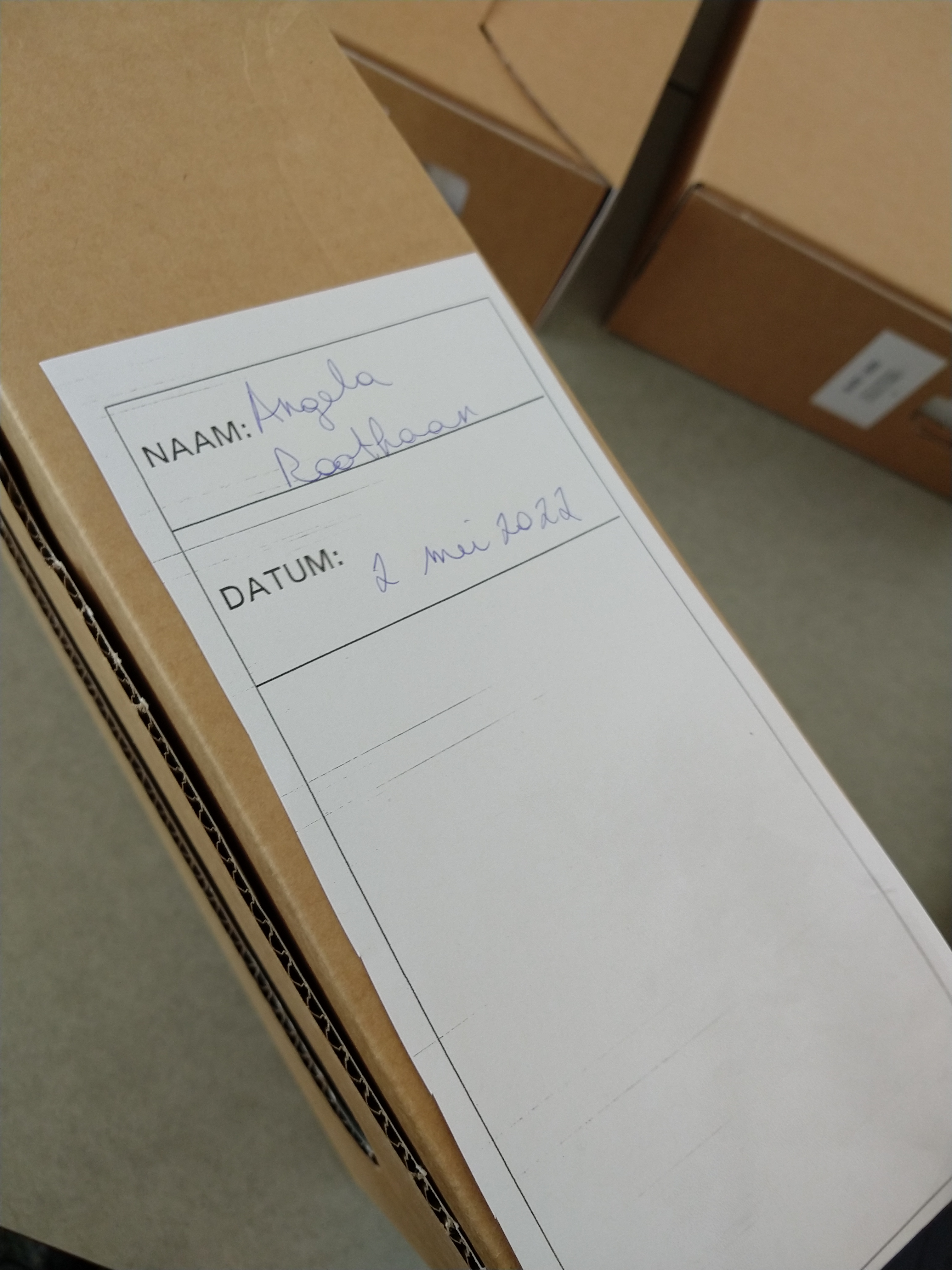When I was researching for my master’s thesis, I focused on forgotten European 17th century thinkers, and got hooked on the old prints reading room. The only things you were allowed to take inside were paper and a pencil. The pages of those old books were made of acid free pulp, and their covers of leather, so they were much stronger than newer ones, but still the reverence asked to keep them in shape for future centuries attracted me. Forgotten or not, heretical or not, the remains of that age were still treated like temple treasures. My research reached a dead end, back then, as the prints didn’t answer all my questions. And I had no clue how to find my way in old archives, if they even existed for the material I needed, and I left the historical track in philosophy.
Recently, this past month of May, I repaired my former cluelessness when I entered an archive for the first time, determined to just find some answers about Placide Tempels (1906 -1977) and his Bantu Philosophy that the literature didn’t provide. I was inspired by the work of a cultural historian I had met, which had shown me how historical data can give us an informed view on the complex ideological and intellectual struggles in the end days of colonialism and its aftermath – this type of work should fill the gaps on the book I was researching on.




I research Bantu Philosophy not however as part of colonial history, not from an interest in missiology or religious studies, but to understand its philosophical aim and impact. Among philosophers interested in African philosophy the book is contested – a classic, yes, the source of a long debate on the nature of African philosophy, that too, but ‘real’ philosophy (in itself a suspicious classification) – doubtful. Philosophers such as Paulin Hountondji and Eboussi-Boulaga classified it as ethnophilosophy, one of the many specialized ethnosciences, a part of cultural anthropology more or less, and no constructive philosophy in itself. Ethnophilosophy or not, postcolonial thinkers such as Aimé Césaire and Frantz Fanon criticized it as just another contribution to the colonial system, as it focused on the spiritual, not on the material conditions of the colonized. The most seriously argued positive interpretation of Bantu Philosophy has been given by Valentin Mudimbe, who read the work – even if ethnophilosophical – as opening our eyes for what philosophy can be, beyond its too narrow definition in the modern age.
One of the reasons why Tempels himself was never easily taken serious as a philosopher was because he was trained a priest, not an academic philosopher, and his attempt to articulate an African ontology, the ontology of vital force, was considered by many to remain stuck in describing a worldview among others, a cultural thing, not the ultimate logical structure of reality as disciplinary philosophy was supposed to do. I had supposed, after reading all those interpretations, that Tempels maybe was not too serious about the philosophical part of his endeavour, that he had only wanted to improve missionary activity in Africa, and to change the very negative view of African humanity to that end. How wrong I was.
The unending stream of letters that rest in the archive – exchanged between him and befriended intellectuals on his ideas, as well as concerning the spread and publication of his work with more distant contacts (among them several influential phenomenologists of those days) show that Tempels was very much concerned about the philosophical implications of his work, and that contemporary philosophers were also interested in that aspect. His aim was not to present an African worldview, calling it a philosophy, as another culturally interesting object in the world of (colonial) knowledge. He was – on the contrary – convinced that European philosophy was on a dead end road, as it had forgotten a more fundamental understanding of reality as vital force, that appeared present to him in many non-European philosophical systems, among them Daoist philosophy, Native American philosophies, and Bantu philosophy.
Was he right in his view? Did he convince in his attempts to be taken seriously? Did he not overplay his hand by describing – as a foreigner – what indigenous Baluba people told him about their understanding of reality? Was his being part of the colonial system (even though he held a critical view of assimilationist ideas in missionary work) not a too heavy burden on his work all the same? Too many questions, and let me make it clear: it is not my aim to defend Bantu Philosophy or its author before the court of decolonial history. My aim is to dig through the mess that colonial history is, to see how someone followed a strong calling to articulate a new approach in philosophy, how he (mis)understood what he was doing, maybe, and how he was (mis)understood by his contemporaries. My motive: all of this is not finished, of that I am convinced. The past is not over, it is still at work, and we still have to work through it to have a future together, as humans on this earth.
Philosophy curricula rarely include non-European “great thinkers”, and even less take philosophy seriously that has never been owned by individuals with “great” names, but that often was not owned at all, but still practised as the all too human effort to understand life and our place in it, and to guide ourselves while living here, now – in all kinds of societies and ages. To create a fundamental discussion of the standard curricula and their blindness to most human reflection outside that of a few “great men”, can only be done by looking and listening in other places than the all too familiar instruction books of philosophy – in real conversations with real people, and partly also in forgotten letters in a colonial archive.







